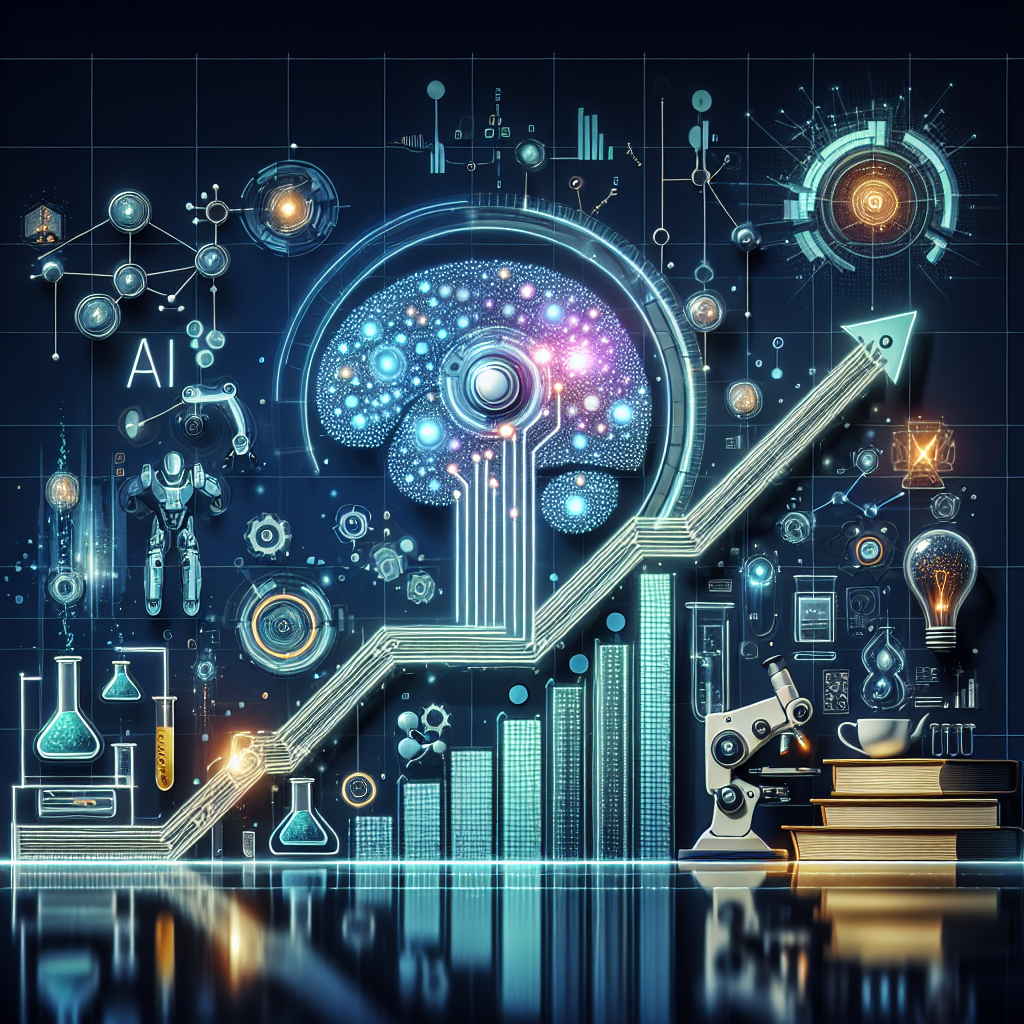Artificial Intelligence (AI) continues to be one of the most exciting and rapidly advancing technologies in the world today. From self-driving cars to virtual assistants, AI is already transforming industries and changing the way we live and work. In this article, we will explore some of the latest breakthroughs and trends in AI that are shaping the future of technology.
1. Deep Learning
Deep learning is a subset of machine learning that uses neural networks to process complex data and make decisions. This technology has been instrumental in the development of AI Applications such as image and speech recognition, natural language processing, and autonomous vehicles. Researchers are constantly improving deep learning algorithms to make them more efficient and accurate.
2. Generative Adversarial Networks (GANs)
GANs are a type of AI architecture that is being used to generate realistic images, videos, and audio. This technology works by pitting two neural networks against each other – a generator network that creates content and a discriminator network that evaluates the content for authenticity. GANs have been used to create deepfake videos, enhance image resolution, and even generate new molecules for drug discovery.
3. Quantum Computing
Quantum computing has the potential to revolutionize AI by exponentially increasing processing power and enabling more complex calculations to be performed at a faster rate. Researchers are exploring how quantum computers can be used to optimize machine learning algorithms, solve complex optimization problems, and simulate quantum mechanics. Companies like IBM, Google, and Microsoft are investing heavily in quantum computing research.
4. Autonomous Systems
Autonomous systems are AI-powered machines that can operate independently without human intervention. From self-driving cars to drones to robots, these systems are becoming increasingly sophisticated and capable of completing complex tasks. Companies like Tesla, Amazon, and Boston Dynamics are at the forefront of developing autonomous systems that can revolutionize transportation, delivery services, and manufacturing.
5. Explainable AI
Explainable AI is an emerging field that focuses on making AI algorithms more transparent and understandable to humans. As AI becomes more pervasive in society, it is important for users to know how and why decisions are being made by AI systems. Explainable AI is crucial for building trust in AI technologies and ensuring that they are used responsibly and ethically.
Conclusion
AI is driving the next wave of technological innovation and reshaping industries across the globe. From deep learning to quantum computing to autonomous systems, the latest breakthroughs and trends in AI are pushing the boundaries of what is possible. As researchers and engineers continue to push the boundaries of AI technology, we can expect to see even more exciting developments in the near future.
FAQs
Q: What is the difference between AI and machine learning?
A: AI is a broader field of computer science that encompasses machine learning, which is a subset of AI that focuses on training algorithms to learn from data and make decisions without human intervention.
Q: How is AI being used in healthcare?
A: AI is being used in healthcare for tasks such as medical imaging analysis, drug discovery, personalized medicine, and patient monitoring. AI technologies have the potential to improve diagnosis accuracy, treatment efficacy, and patient outcomes.
Q: What are the ethical considerations of AI development?
A: Ethical considerations in AI development include data privacy, bias and discrimination, accountability, transparency, and the impact of automation on jobs. It is essential for AI developers and users to address these ethical concerns to ensure AI technologies are deployed responsibly.
Quotes
“AI is the new electricity. Just as electricity transformed every major industry 100 years ago, AI is now poised to do the same.” – Andrew Ng
Write a short story about a detective solving a mysterious murder at a circus.


